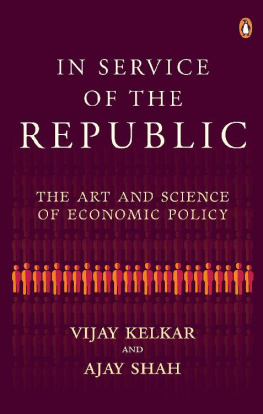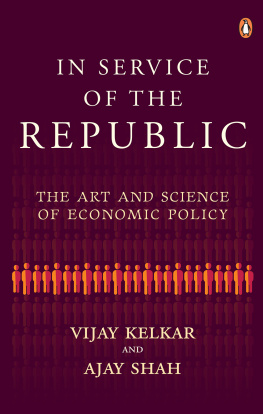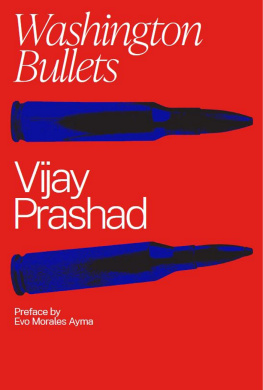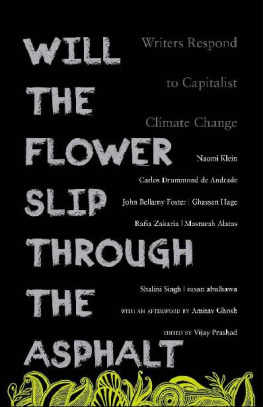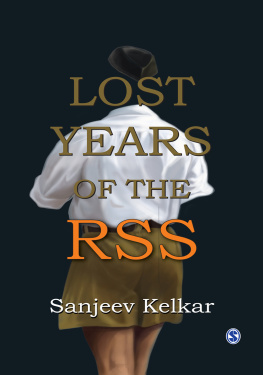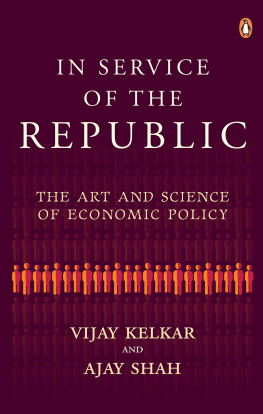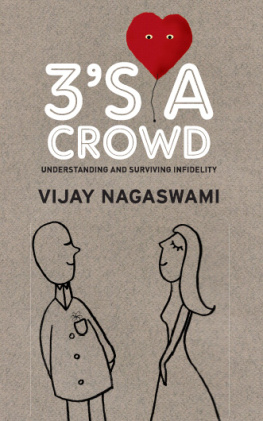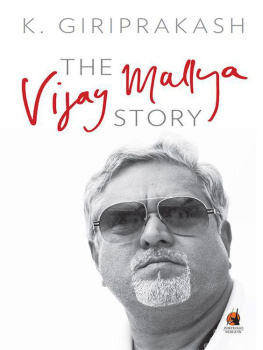Preface
India has come into middle income, with a $3 trillion economy. We had a great surge of growth from 1991 to 2011, drawing on a new intellectual framework of policy that was built from 1977 onwards. For the first time in Indias history, there was a substantial decline in the number and the share of those in poverty.
The period after 2011 has seen a retreat from the optimism of 19912011. This is a cause for great concern. We have a finite window of opportunity with a young workforce. We must get rich before we get old.
We need to change course and obtain the sustained economic growth through which we will utilize our workforce, which will get us to the edges of the advanced economies in thirty years. We must do this in order to transform the lives of hundreds of millions of people, to meet our tryst with destiny. We must do this to stave off the social stress that will come from a large mass of people who are not working. For these reasons, the great question of the age is: Why did the reforms introduced from 1977 onwards deliver success during 19912011, but falter thereafter?
What is to be done? In this book, we try to tell a story about why we underperformed, and how to get back on the growth turnpike. Intensification of the 19772011 strategies will not suffice: what is required is rethinking the foundations. While we have got to a $3 trillion economy, we are lagging on creating the institutional frameworks of an ambitious middle-income emerging economy.
Economic policy operates at the intersection of economics and politics. The ideal policy pathways must be worked out on blackboards, but then the conflicts of democratic politics are played out and determine the policy choices in the real world. Hence, our analysis draws as much on the timeless themes of building the republic as it does on public economics. In India, the modernization of the political system and the economy is taking place at the same timeand feeding into each other. In this process, economic policy strategy must serve the larger objective of building the republic. The foundations of liberal democracythe principles of debate, dispersion of power, the rule of law and curtailing executive discretionare integral to solving the difficulties of economic policy that afflict India today.
There is science in a core of economics and politics. These are the areas where the analytical foundations and empirical evidence are strong. And then, beyond that, there is a large class of questions where we have opinions and insights, but the scientific foundations are lacking. This is where the policy thinkers and practitioners have to form judgements in each situation that may diverge from each other, and feel their way into the world through intuition and experience. This is the art of public policy. We take on the left-brain and the right-brain aspects.
We care about the ideas and we care about translating them into action. Some parts of the book are more analytical and conceptual, while others are more practical and directly link to action.
When the rubber hits the road, there are tangible policy questions in each area, such as oil exploration or inflation targeting. There are many fascinating areas of work in progress, all across the Indian landscape, where there is the slow boring of hard boards of policy reform. While we draw on examples from many domains, this is not a handbook of policy papers. We offer general insights that are valuable across diverse fields.
We live in an age of social media. The degradation of norms of discourse and the lowering of technical bars in the policy discourse have harmed the ability of liberal democracies to find politically stable compromises. Our attempt in this book is to help recover common ground, to find a shared intellectual framework and vocabulary that a lot of us may be able to agree upon. Towards this objective, we have stuck to what we hope is the relatively non-controversial terrain. This has involved downplaying issues of ethical preferences and income redistribution.
Put together, we are sixty years in this field, and have been talking about the grand questions for the last twenty years. The genesis of this book lies in Shekhar Shahs invitation to Vijay Kelkar to deliver the C.D. Deshmukh memorial lecture, at the National Council for Applied Economic Research (NCAER), on 27 January 2017. The enthusiastic feedback from that lecture led to the idea that an extended version of this would be an interesting book. We hope it will be thought-provoking and trigger many exciting conversations.

1
The purpose of government
Everyone has felt the irritation of having multiple different chargers for different devices. There is a chaos of chargers with USB-B, USB-C, Apple lightning, etc., interfaces, all of which are incompatible with each other. This is operationally inconvenient as sharing of chargers is not feasible. It also leads to a greater extent of electronic waste in the form of unused chargers.
An exasperated person may say, Cant we have a government that standardizes this? Could a government add value by coercing all electronics companies to make only one kind of charger? At first blush, this may seem like an appealing idea. This is the sort of thing a muscular Indian government might come up witha law that forces all technology companies to only sell consumer products in India that use (say) the USB-C charger.
While this might be plausible at first blush, when we go deeper into the problem, there are all kinds of difficulties.
If we had to have a government choose the one charger to rule them all, how would this be done? Who would choose? How would we be sure that these persons would think for the best interests of society, and command vast intellectual capacity? How do we know that the right decision will be made, despite intense lobbying by all technology companies? What if there are certain devices made in Taiwan, which are extremely capable and cost effective, but use a prohibited charger? Will we ban Indian consumers from using them?
Suppose the USB-C charger is made a standard via government imposition. What if there are small devices, such as wristwatches, where the USB-C charger is too bulky?
How will charger standardization be enforced? Who will watch for violations? Will we have customs officials to watch goods shipments to prevent equipment from coming in, which uses any of the forbidden chargers? Will we have the police raid factories looking for violators who produce equipment with the wrong charger? What about individuals who travel abroad and are carrying their own personal equipment, which they promise will not be used in India? What penalties will we impose in all these cases? Will a black market develop for chargers that violate the rule? Will we enforce laws to prevent such developments?

